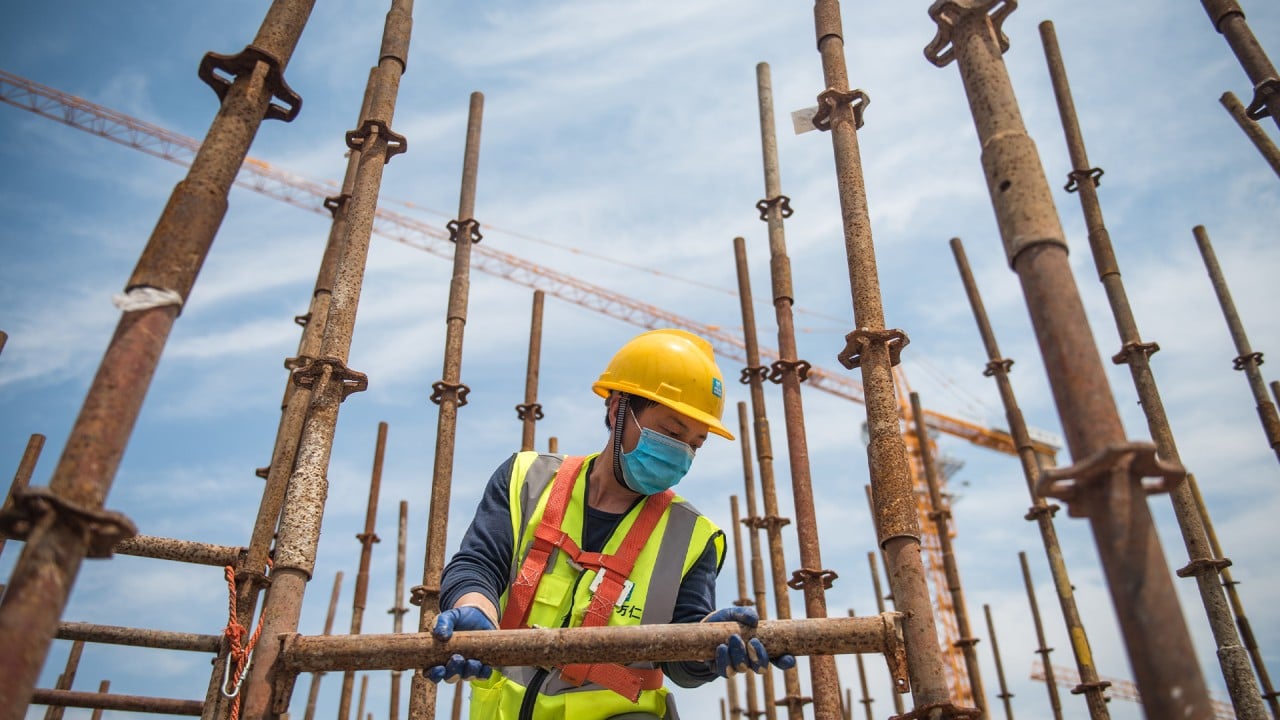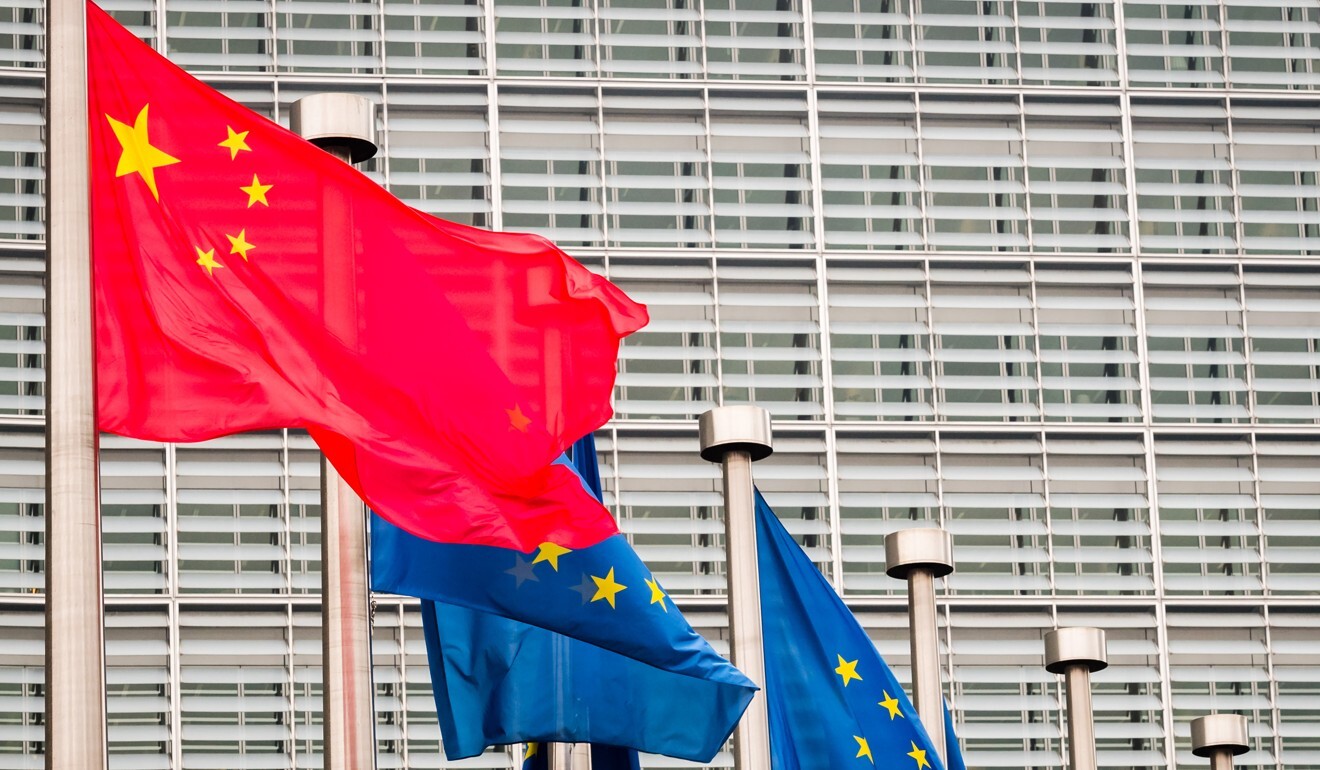
Politico | Coronavirus: EU’s diplomatic service launches probe over China disinformation leak
- Release of sensitive email was at heart of scandal about European Union allegedly bowing to pressure from Beijing
- Internal document contained criticism on editing of report on Chinese disinformation regarding pandemic
This story is published in a content partnership with POLITICO. It was originally reported by Hans von der Burchard on politico.com on May 27, 2020.
The European Union's diplomatic service has launched an investigation into the leaking of an internal email criticising how a report on Chinese disinformation was edited.
The investigation follows criticism by the EU's foreign policy chief, Josep Borrell, who appeared to blame a member of his own staff for leaking the sensitive email, which was at the heart of a scandal about the EU allegedly bowing to Chinese pressure.
The European External Action Service last month published a report on “narratives and disinformation” around the coronavirus pandemic that was notably softer than a previous, leaked version reported by POLITICO.

05:02
Coronavirus backlash further fraying China’s ties to global economy
Most strikingly, references to China running a “global disinformation” campaign and Chinese criticism of France’s reaction to the pandemic were absent from the later version – prompting accusations that Brussels watered down its criticism in response to Chinese diplomatic pressure.
The EEAS denied that it had given in to Chinese pressure and said it had always intended to produce two versions of the report, one for internal use and one for the public.
But accusations of bowing to pressure were fed by an email from an EEAS staff member, leaked to The New York Times, which warned that the softening of the report would “set a terrible precedent and encourage similar coercion in the future”. The staff member also said that EU diplomats were “self-censoring to appease the Chinese Communist Party”.
EEAS spokesman Peter Stano said on Wednesday that the institution was now investigating who was responsible for leaking the delicate email.
EU rebuffed effort to water down virus report critical of China, diplomat says
“The EEAS is in the process of an internal follow up to the leaks,” Stano told POLITICO. He declined to say how many staff members are being investigated, when the investigation is supposed to be finalised or whether the EEAS was considering disciplinary measures.
“Such internal processes are handled in a strictly internal way, hence we do not comment on them publicly,” he said.
Stano also declined to say whether the EEAS was investigating who leaked the first, internal version of the disinformation report to media.

During a European Parliament debate at the end of last month, Borrell expressed frustration over the leaked email, saying that it undermined the credibility of the EEAS. Borrell also appeared to lash out at his own staff, saying that “the personal belief” of a staff member – “maybe being written to be leaked” – had caused “damage to the credibility of the institution”.
During another parliament hearing on Tuesday, Czech MEP Markéta Gregorová asked Borrell to provide evidence for his allegations or apologise to the staff member. Gregorová did not get an answer as the video connection of Borrell, who was taking part in the hearing remotely, was interrupted.
Gregorová told POLITICO she will now send her questions in writing to the foreign policy chief, and said Borrell's reaction to the scandal should have been to stand behind his staff and not spread accusations unless he had clear evidence for them.
“The presumption of innocence has to apply,” she said, calling on Borrell to “be the vanguard for all people working in the EEAS … He must protect them against any undue interference and from self-censorship”.
Jacopo Barigazzi contributed reporting.

